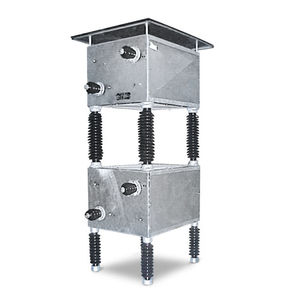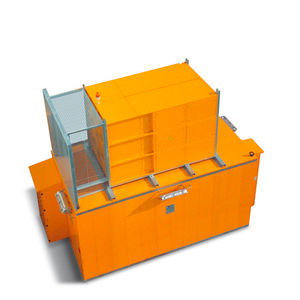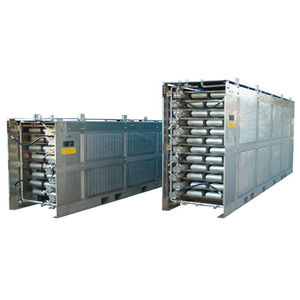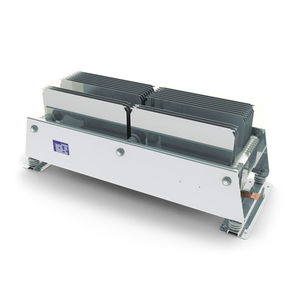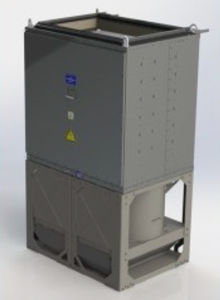
Current resistor insulatedphasegrounding
Add to favorites
Compare this product
Characteristics
- Electrical characteristics
- current, insulated, phase, grounding
- Mounting
- standard
- Applications
- energy-dissipation
- Other characteristics
- neutral, stainless steel
Description
Short circuits between phase and ground can result in irreversible damage to networks and equipments; it is therefore of the utmost importance to be able to control and reduce their effects: Grounding Resistors limit the fault current that arises due to phase-neutral short circuits. Grounding through resistor offers several advantages with respect to alternative methods (such as insulated grounding, direct grounding or grounding through a reactance). The main advantages are: easier detection of fault location, limitation of fault current, no transient over voltages.
Relevant parameters in the design of a Neutral Grounding Resistor may vary greatly: Microelettrica has developed a line of standard products (for the most common requirements) along with tailored products, each developed and customised according to the required project characteristics. Our products range from Low Voltage systems (10kA).
The essential parameters needed to design a Grounding Resistor are:
Nominal Voltage
Fault Current
Fault Duration (10s is customary)
Other relevant parameters are:
Protection degree of enclosure; from IP00 - i.e. no enclosure - to IP55, standard solution IP23
Enclosure finish; our standard is mild galvanised, but different stainless steel grades (such as AISI304 or AISI316) are available.
Painting in the desired RAL colour is also an option
Continuous current rating; it may affect significantly the performance of the resistor, especially when high IP degrees are required
Catalogs
No catalogs are available for this product.
See all of Microelettrica‘s catalogs*Prices are pre-tax. They exclude delivery charges and customs duties and do not include additional charges for installation or activation options. Prices are indicative only and may vary by country, with changes to the cost of raw materials and exchange rates.


